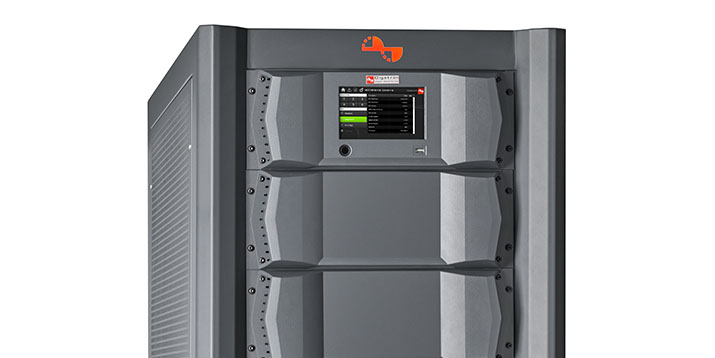Battery pack tester plays a crucial role in evaluating the performance and condition of batteries, ensuring the reliability of power supply in various applications. From automotive to industrial and renewable energy systems, accurate battery testing is essential for preventing unexpected failures and optimizing battery lifespan. In this post, we will explore the significance of battery testers, the key features to consider when choosing the right equipment, and the benefits they offer to different industries.
What is battery testing equipment and why is it important?
Battery testing equipment encompasses a range of tools and devices used to assess the state of charge, capacity, and overall health of batteries. These devices are essential for identifying potential issues and ensuring the proper functioning of batteries in various applications. Battery testing equipment is crucial for maintaining the reliability and efficiency of power systems, preventing unexpected downtime, and optimizing the performance of battery-powered devices.
Battery testing equipment is used to assess the condition and performance of batteries, including automotive, industrial, and household batteries. It helps to determine the capacity, voltage, and overall health of the battery.
Importance:
1. Ensures battery reliability: By regularly testing batteries, it ensures that they are reliable and will function as expected when needed.
2. Prevents unexpected failures: Testing equipment helps to identify potential issues with batteries before they fail, preventing unexpected downtime or loss of power.
3. Safety: Properly functioning batteries are crucial for safety, especially in automotive and industrial applications.
4. Cost savings: By identifying weak or failing batteries early, it can save money by avoiding premature replacements and unexpected repairs.
Key features to consider when choosing battery testing equipment
Accuracy and precision: Discuss the importance of accurate measurements for reliable battery testing.
Compatibility with different battery types: Explain the need for equipment that can test various battery chemistries and sizes.
Data logging and analysis capabilities: Highlight the benefits of tools that provide detailed data for comprehensive battery assessment.
Safety features: Emphasize the significance of safety measures in battery testing equipment to protect users and batteries from potential hazards.
Applications of battery testing equipment in different industries
Automotive industry: Explore how battery testers are used for diagnosing vehicle battery health and preventing unexpected breakdowns.
Telecommunications and data centers: Discuss the role of battery testing equipment in ensuring uninterrupted power supply for critical infrastructure.
Renewable energy systems: Explain how battery testing equipment is essential for maintaining the performance of energy storage systems in solar and wind power applications.
Benefits of using battery Capacity Tester
Enhanced reliability: Explain how regular battery testing contributes to the reliability of power systems and prevents unexpected failures. Battery testing equipment also plays a crucial role in assessing the condition and performance of battery packs, used in various applications such as electric vehicles and energy storage systems. The ability to accurately evaluate the state of charge, capacity, and overall health of battery packs is essential for ensuring their reliability and safety.
Cost savings: Discuss how proactive battery testing can help avoid costly downtime and premature battery replacements. Battery testing equipment is indispensable for assessing the condition and performance of battery packs, which are utilized in applications such as electric vehicles and energy storage systems. Furthermore, proactive battery testing can help avoid costly downtime and premature battery replacements, leading to significant cost savings. By incorporating battery testing equipment into regular maintenance practices, industries can enhance the reliability of power systems and prevent unexpected failures, ultimately optimizing the performance and longevity of battery-powered devices across diverse applications.
Improved safety: Highlight the role of battery testing in identifying potential safety hazards and preventing battery-related incidents. When it comes to battery testing equipment, one of the key features to consider is its compatibility with different battery types. This is crucial because various industries rely on a wide range of battery chemistries and sizes. The ability to test and evaluate these diverse batteries accurately is essential for ensuring reliable power supply across different applications.
Battery testing equipment plays a crucial role in ensuring the reliability and performance of batteries across various industries. By investing in high-quality battery testers and incorporating regular testing practices, businesses and individuals can minimize the risks associated with battery failures, optimize battery lifespan, and maintain a dependable power supply. With the right battery testing equipment, users can gain valuable insights into battery health and make informed decisions to support efficient and sustainable energy storage solutions.





